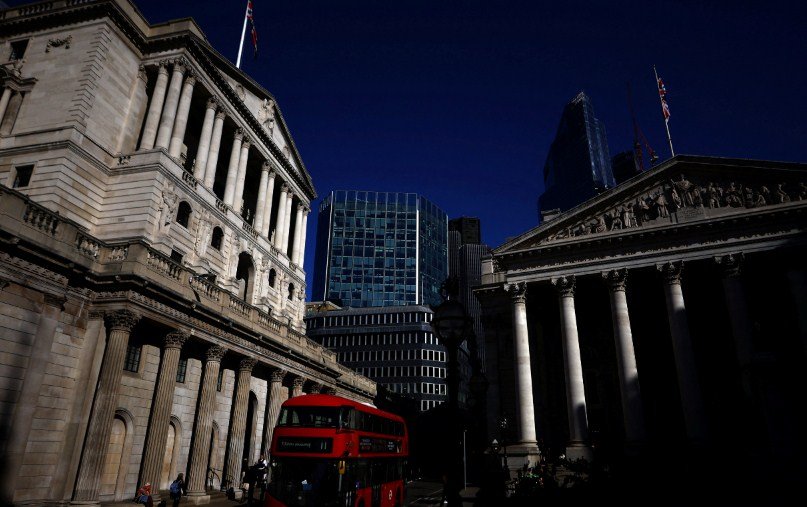The Bank of England (BoE) has issued a warning about the high valuations of U.S. technology stocks, saying they may be out of sync with the current macroeconomic situation and the rise in interest rates.
BoE’s financial policy committee report
The BoE’s financial policy committee (FPC) published a report on Tuesday, October 10, 2023, after its meeting to assess the risks to the UK’s financial stability and to agree on policy measures to enhance the resilience of the financial system.
The report said that some risky asset valuations appear stretched, especially in the U.S. dollar-denominated corporate bond and equity markets. The FPC noted that credit spreads for U.S. high-yield and investment grade bonds were more compressed than their euro or sterling equivalents, and that some measures of U.S. equity risk premia remained well within the lower quartile of their historical distribution, driven primarily by the continued strength in the U.S. tech sector.
The FPC warned that stretched risky asset valuations increase the likelihood of a greater correction in prices if downside risks to growth materialize, which would have a direct impact on the cost and availability of finance for corporates globally, and would affect riskier borrowers in particular.
U.S. tech stocks trade at a premium
The BoE’s comments come at a time when many popular technology stocks trade at a sharp premium to the S&P 500 index on a price-to-earnings (PE) basis, despite the recent pullback in some tech shares following the climb in interest rates and geopolitical tensions.
According to data from CNBC, as of October 10, 2023, the PE ratios for Microsoft, Alphabet and Nvidia were 29, 21 and 31 times next-twelve-month earnings, respectively. By comparison, the PE for the S&P 500 was roughly 18 times.
The high valuations of U.S. tech stocks reflect their strong growth prospects, innovation capabilities and market dominance in various sectors such as cloud computing, artificial intelligence and e-commerce. However, they also imply high expectations from investors and potential vulnerability to shocks such as regulatory changes, competition or disruption.
Implications for UK investors and regulators
The BoE’s warning has implications for UK investors and regulators who have exposure to or oversight of U.S. tech stocks. The UK is one of the largest foreign investors in U.S. equities, with a total value of $1.2 trillion as of June 2023, according to data from the U.S. Department of Treasury.
UK investors may benefit from the diversification and returns offered by U.S. tech stocks, but they also face currency risk, liquidity risk and valuation risk. The BoE advised UK investors to be prudent and vigilant in assessing their exposures and risks, and to ensure they have adequate buffers and contingency plans in place.
UK regulators may also need to monitor the developments in the U.S. tech sector closely, as they could have spillover effects on the UK’s financial stability and competitiveness. The BoE said it is working with other authorities to enhance the resilience of market-based finance, to address potential systemic risks from non-bank financial intermediation, and to support an orderly transition to a low-carbon economy.

